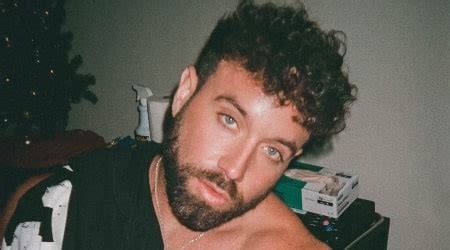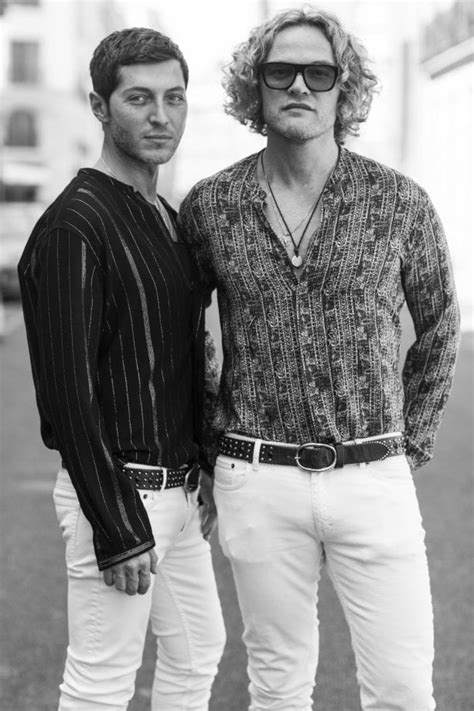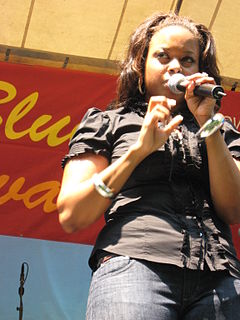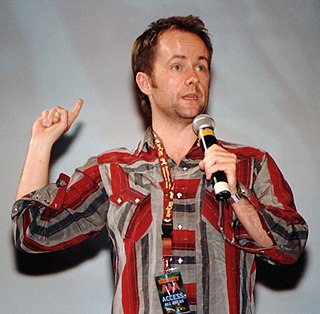A Quote by Olly Murs
I think we all attract troublemakers; I don't think it's particularly about anyone. I had it actually as an album title, and I thought it would be really cool to write a song about a girl that's a bit of troublemaker.
Related Quotes
I've been writing music since I was about eight. I would write sporadically. I wrote a lot of music in high school. I guess the oldest song on the record ("I Thought I Saw Your Face") is about eight years old. It's the old "I had my whole life to write my first album and six months to write the second one." I did, to some degree, but actually, a lot of the songs that ended up on the record, I wrote really recently. So it varies.
The best books, they don’t talk about things you never thought about before. They talk about things you’d always thought about, but you didn’t think anyone else had thought about. You read them, and suddenly you’re a little bit less alone in the world. You’re part of this cosmic community of people who’ve thought about this thing, whatever it happens to be.
The title's so upfront. It gives fair warning about the play's content. I'm writing about a kind of disenchantment, an anger, but quite a cool 90's anger, at a time when we're not very good at openly being angry. . . . I don't think I ever thought the title was titillating. I thought it was incredibly catchy. If the play is about the reduction in human relations down to a consumerist rationale, then thematically, the title is entirely linked into the thesis of the play.
I think a lot of people, when they think about the house, they think of the print. But when people think about Emilio Pucci, I want them to think about this really, really hot girl, so my biggest job is to give her a face and an identity - and I do that by trying to associate that kind of print that people have in their minds with a kind of girl who is free-spirited, rebellious, a little bit rock 'n' roll, and who has a lot of energy, who is up.
I take things a little bit more critically now, like, "What did I think I was saying in that song? What is this song about?" I thought the lyrics were incredibly descriptive, and now they sound really cryptic and weird. I'd like to also think that when I listen to songs from Something About Airplanes that I'm proud of my development as a writer. I don't think I was doing anything poorly at that time, but I can certainly see how my writing has changed.
I think when you write every song on your album - it's like having eleven or twelve children. It's hard to say I like this one song more or I like that one more. I love every song on the album. What's happening is that I'm hoping that everyone will be very satisfied. I think the single "Good Girl" will be adored by the people in the urban world and I think the "Best of Me" will be loved by people in the pop world.
When I realized I could write lyrics and let someone that I knew listen to them, but not know that the song was about them - say it was a girl. I could write this song about how I feel about this girl, I could play it to them. I just loved it, because all of the words would speak to them. I could see them slowly falling in love with me.
You are hearing this song, and you're 16, and it's a song about love, or a girl. And then maybe there's a girl at school that you like. So you're going to be thinking about that girl. That song is sort of about that girl. The songwriter doesn't know that girl, obviously. He wrote it for something else. But there's the specific meaning with the universal again.




































